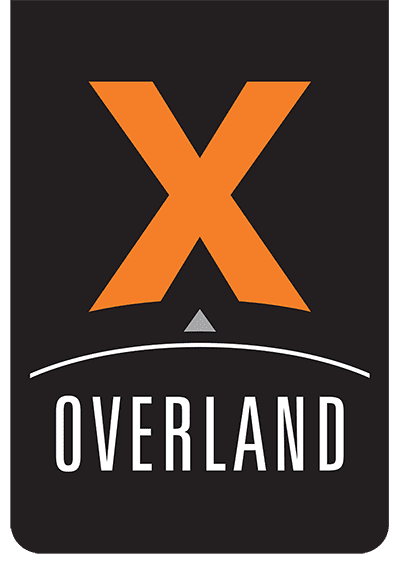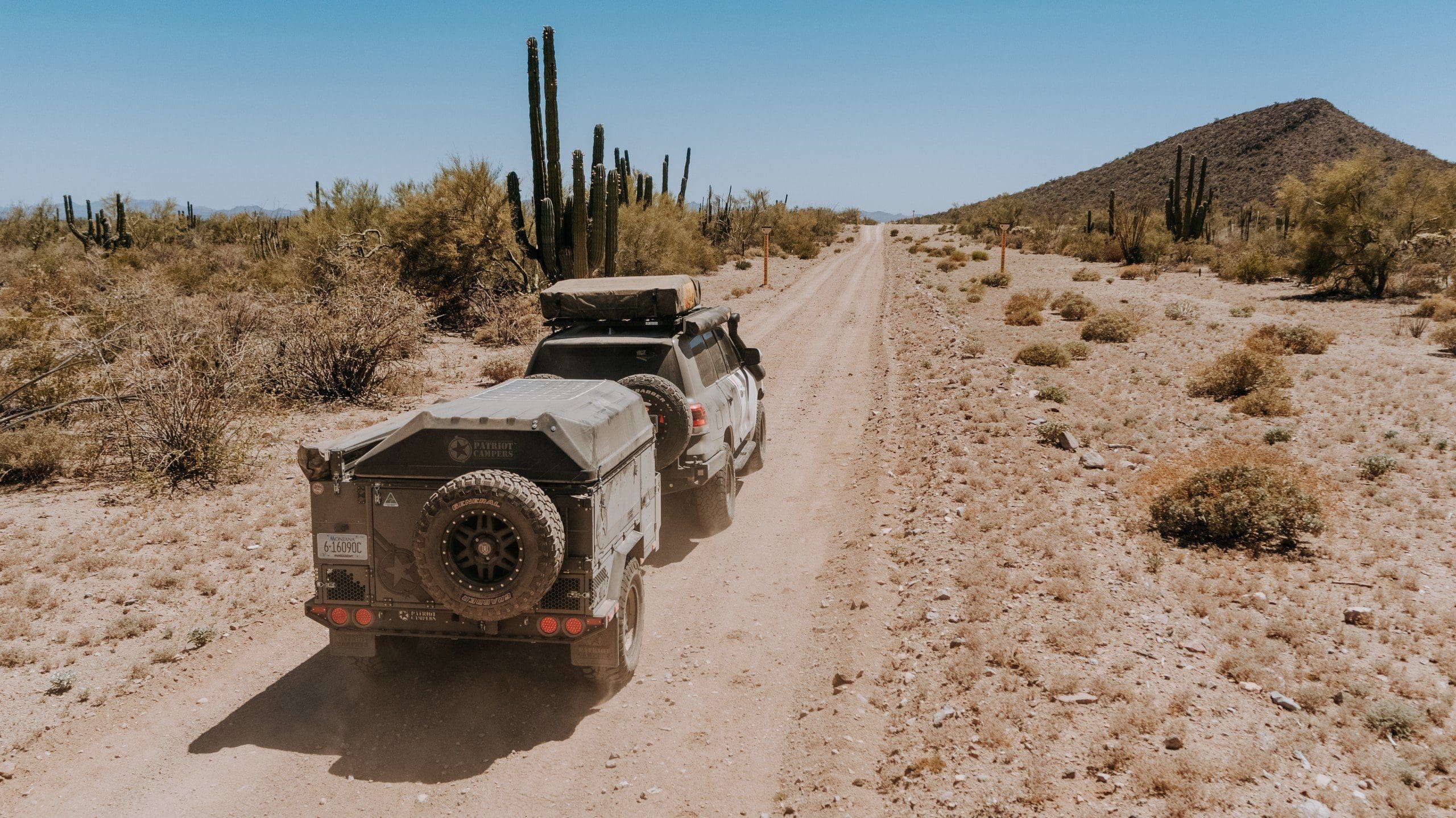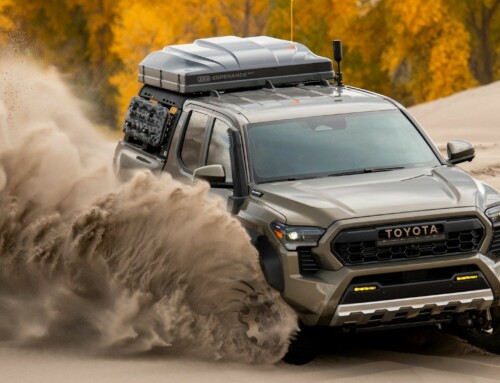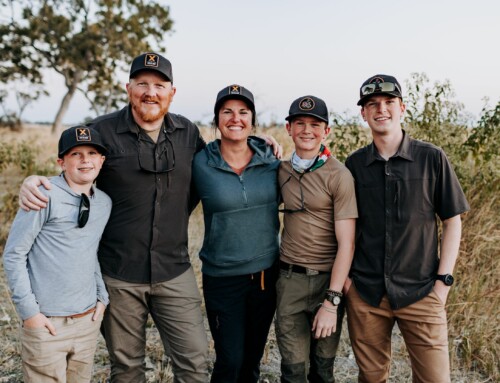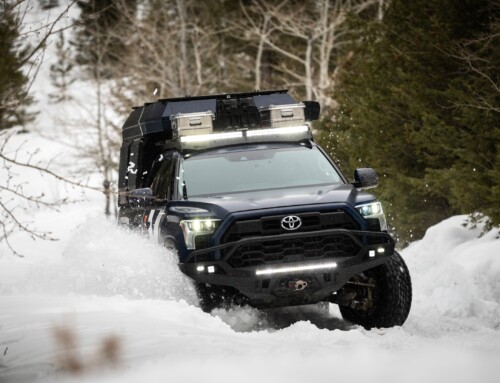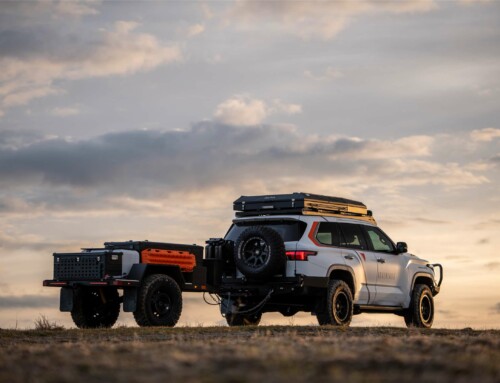Like anything in life, long-term overlanding requires a set of skills developed over time. Buckle in, because this stuff takes time to develop! But with a little dedication and a lot of heart, these skills will provide useful time and time again. They might even save your life. Without further ado, here are the top five skill sets a long-term overlander should have.
Medical Skills
Often overlooked, medical skills are a depreciating mental skill that requires re-training and frequent practice. It is important to be able to care for someone in the event of an accident. Approach this as if rescue would take two days due to a remote location. A good CPR and Wilderness First Aid course are a great place to start. We recommend the Wilderness First Responder (WFR) certification for a long-term overlanding trip. We’ve obtained certification from Aerie Backcountry Medicine, Wilderness Medicine Institute (WMI), which is a division of the National Outdoor Leadership School (NOLS), and Remote Medical.
Want to know more about organizing your medical kit? Jeff has you covered in Episode #13 of ‘Oh Hey There’ – How We Organize Our Medical Kit.
Understanding How To Drive
It is definitely fun to watch people test the limits of their vehicle with extreme maneuvers, but the overlander also knows that preserving their vehicle over the long-term is incredibly important. You need to be able to rely on that vehicle for the next six (+) months, and knowing how to drive your vehicle in order to preserve it long-term is a critical skill set. Here are some ways that driving with care and skill can help prolong your vehicle’s lifespan.
- Drive your vehicle at less than full capacity at any given time.
- Exercise mechanical sympathy. As Camel Trophy trainer John Phillips aptly said, “As slow as possible, as fast as necessary.”
- Know how to properly set up your vehicle for a long-duration trip. One important way to do this is by not exceeding your vehicle’s payload.
- A long-term trip typically requires 90% driving skill and 10% technical driving skill. Like any skill you wish to strengthen, frequent repetition and experience are key. Get out there and practice your driving skills regularly!
Check out our Guide to Vehicle Maintenance for more tips and tricks.
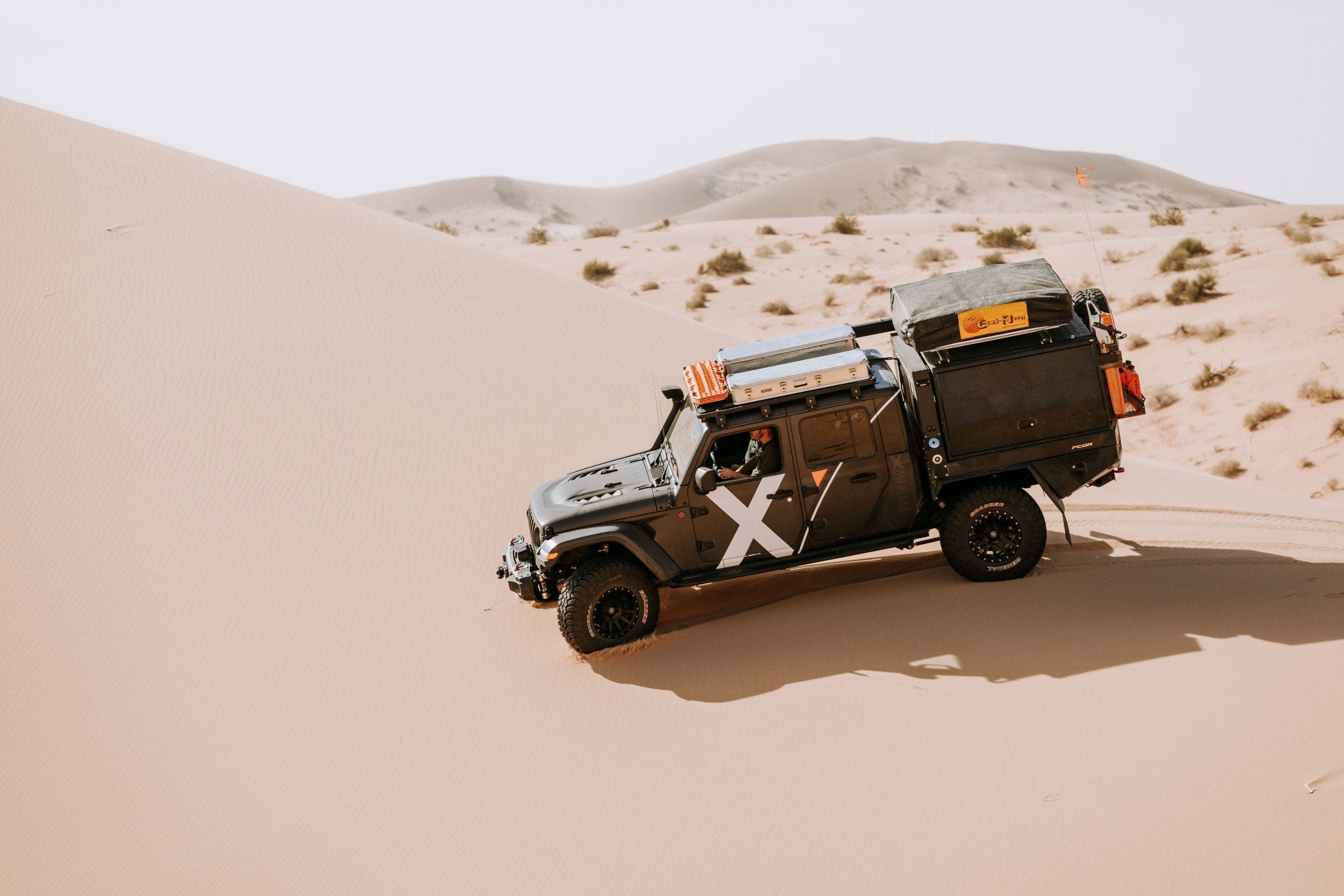
Mechanical Skills
Mechanical knowledge is all about knowing how to fix your vehicle when things go wrong. A great first step is understanding your platform and knowing how to fix the most common mechanical issues, from U-joints to shocks, tire repair and tire replacement. Our advice is to work on your vehicle as much as possible before you leave. Try swapping brakes, or completing an engine tune-up with spark plugs and belts. By getting this hands-on experience you will learn more about which tools you really need and what to put in your toolbox. For more ideas from the X Overland team, read our Overlanding Tool Kit Essentials blog post.
Other ways to build mechanical skills include taking a mechanics class at your local college, watching YouTube videos, or joining forums such as IH8MUD or Expedition Portal. Don’t forget to ask questions! Many will already have been asked and answered on forums, but an inquisitive mind is a key factor in learning and skill building.
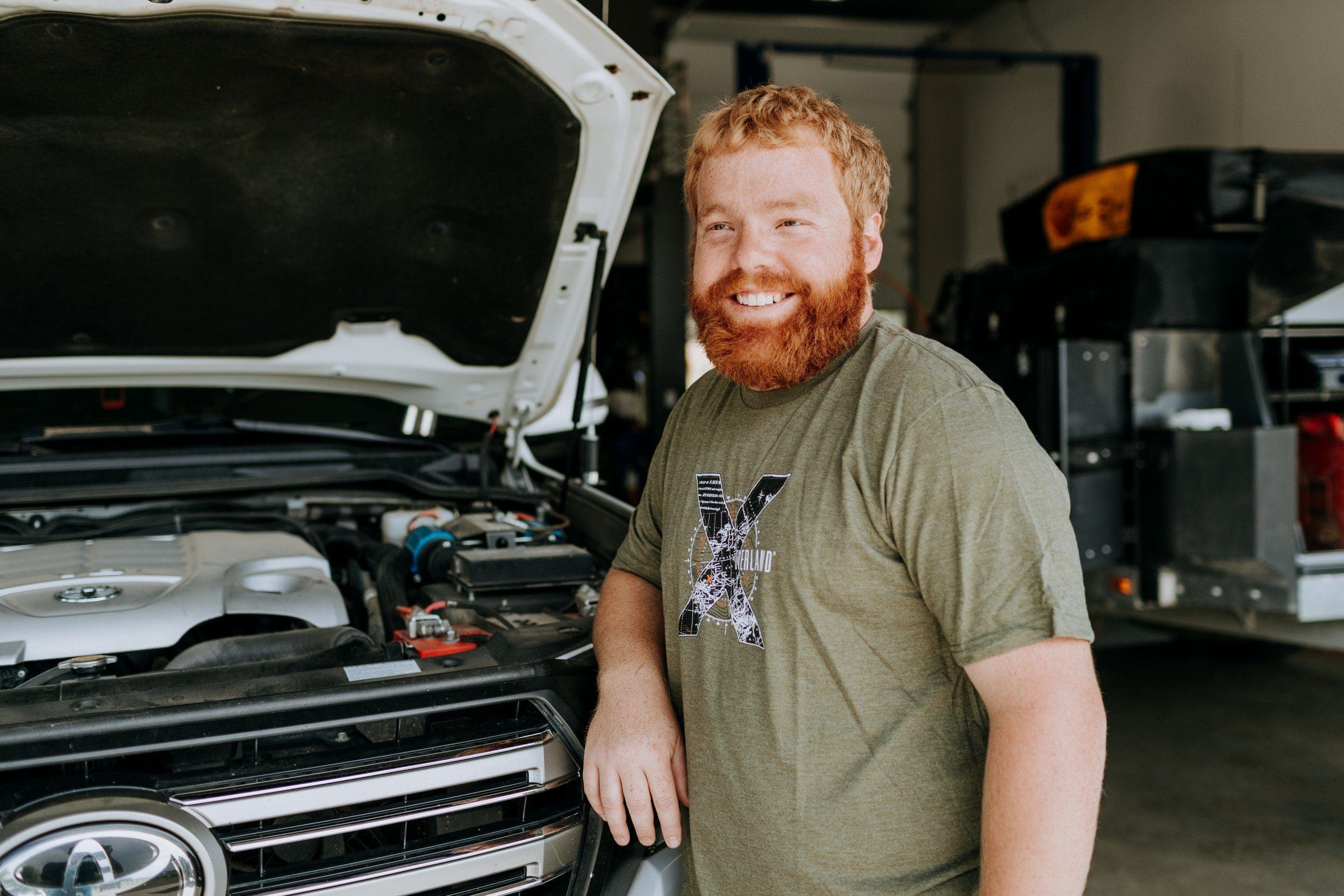
Navigational Skills
Know where you’re going! Even if it’s just a basic understanding of how to move from one place to another more efficiently and effectively. Be able to recognize when to stop and when to keep going. This is a big part of risk management – knowing when and where to camp or when to move on. Note local resources, hospitals, grocery stores, fuel stations. Keep your ear to the ground, understand security risks and be aware of dangerous areas and how to avoid them.
We often recommend reading the Gift of Fear by Gavin De Becker and 100 Deadly Skills for the Traveling Professional by Clint Emerson.
Implement a multi-layered navigation system in case of failure. Remember: one is none and two is one. A great way to do this is to carry a cell phone with mapping software, a dedicated GPS and a compass and paper map. These tools are important so that you don’t get lost. At the end of the day, you have to be able to rely on yourself in case one or more of these items fail.
Understand latitude and longitude and have a general sense of how to figure out your direction. The National Outdoor Leadership School (NOLS) offers education on how to use a map and compass. We also recommend the book Finding Your Way Without Map and Compass by Harold Gatty.
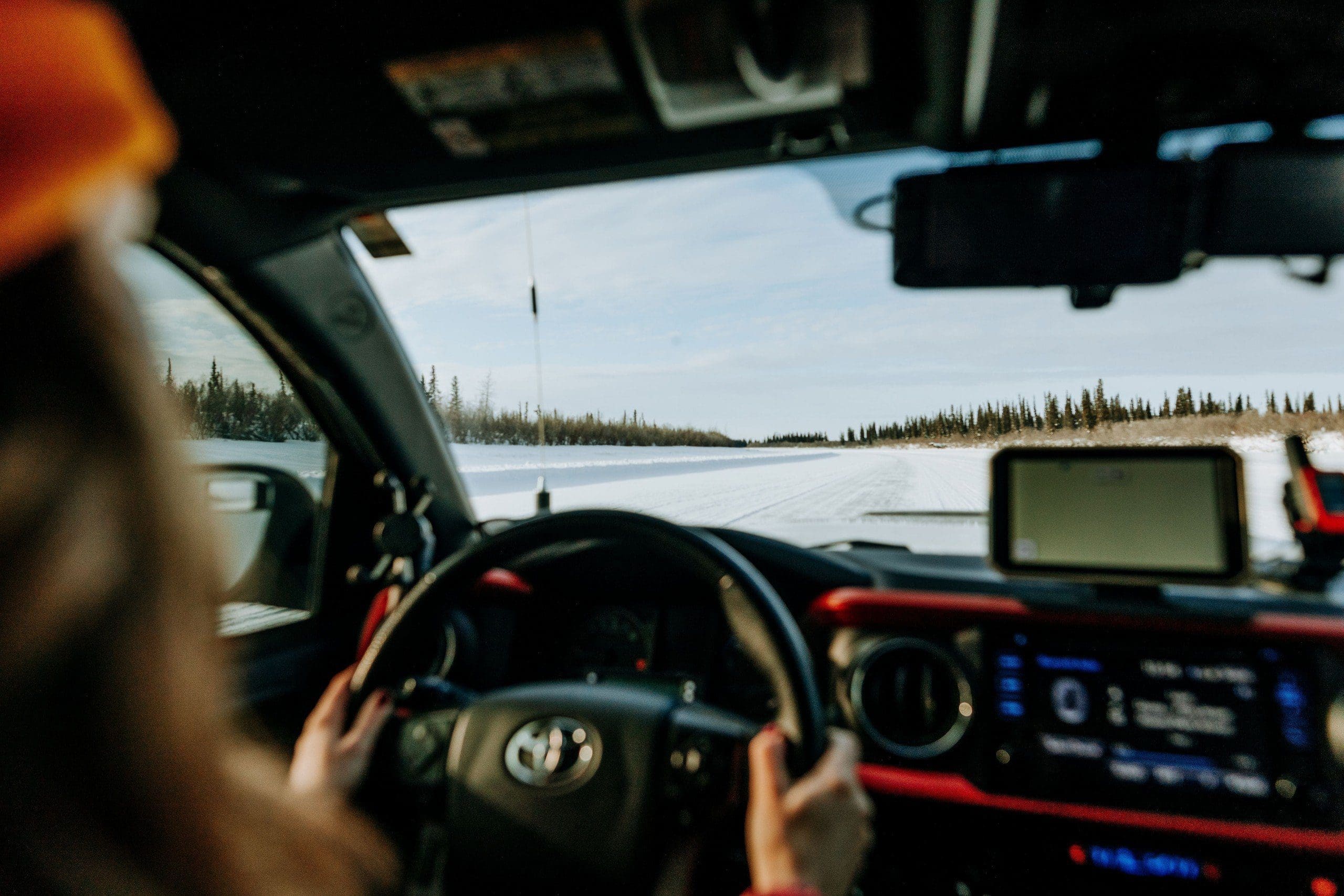
Logistical Skills
On the ground logistical skills are a long-term overlander’s bread and butter. These skills will become second nature over time and with experience. Overlanders must be aware of or have researched the following information during their travels.
- Understanding borders and what they require.
- Having a general understanding of what resources are available in a country and where.
- Understanding how to get resources that aren’t readily available to you.
- How to manage your food supply over long-duration trips. Where to buy food.
- Are there regions or places where food can be difficult to find?
- Understanding fuel ranges – how far can you push this? Where can you fill up? When is it safe to do so and when is it not?
Another important overlanding lesson: take that shower, even if you don’t ‘need’ it. Spend an extra day doing those mechanical fixes in areas with dealerships or shops, even if you don’t ‘need’ to. We’ve encountered situations where we wished we utilized those facilities when they were available to us!
Understanding where to find additional knowledge when you need it can be important as well. Check out Facebook groups such as the Pan-American Traveler’s Association, Overlanding Africa, Overlanding Asia, etc. These groups are an excellent way to connect with other overlanders in the community.
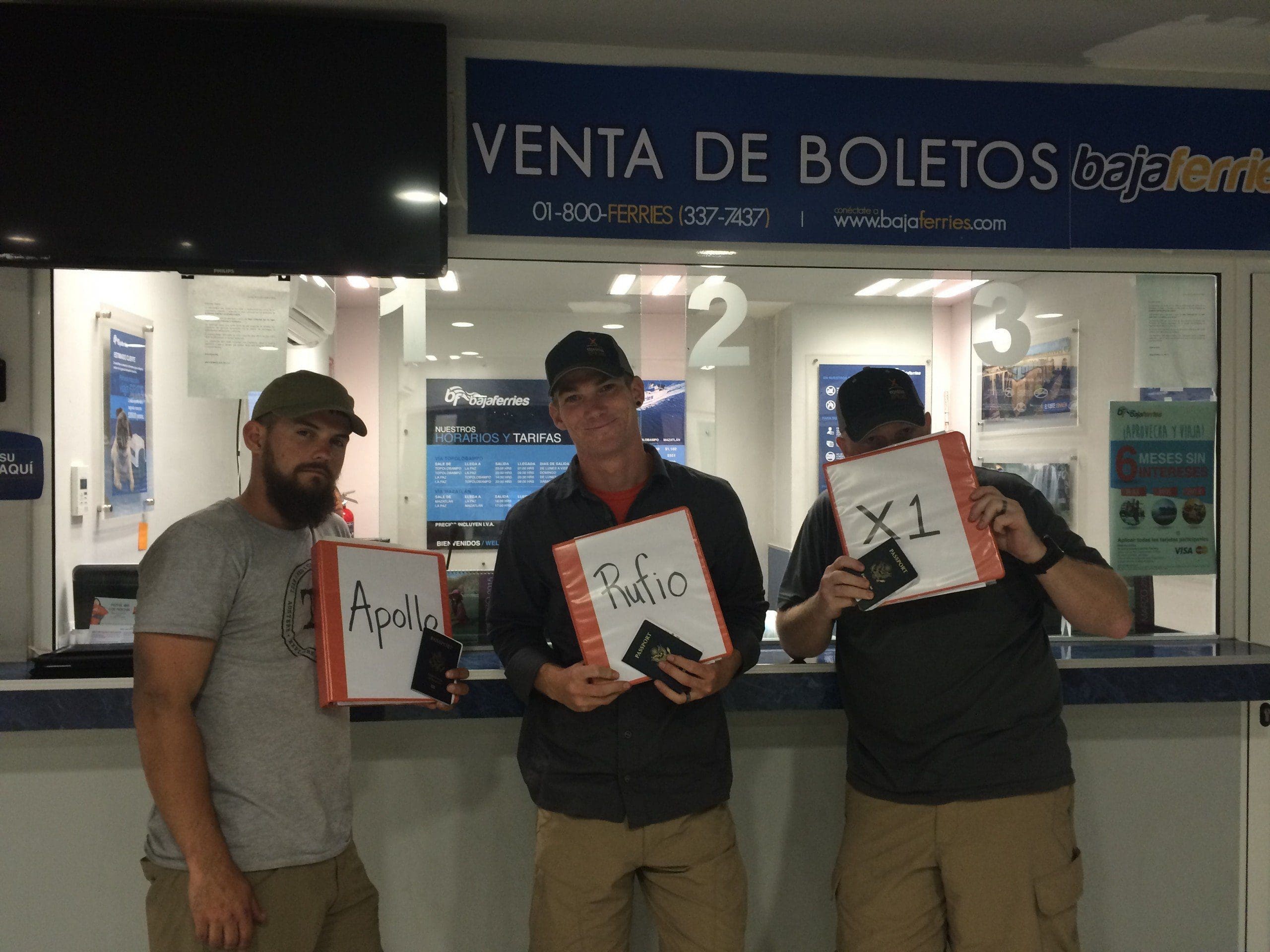
As we’ve seen, there is a wide skill set that an overlander uses during their travels. It is never too early or too late to expand on and develop your skills! We hope this information has inspired you to take actionable steps. Which skills do you want to further develop and why? Let us know in the comments below.
